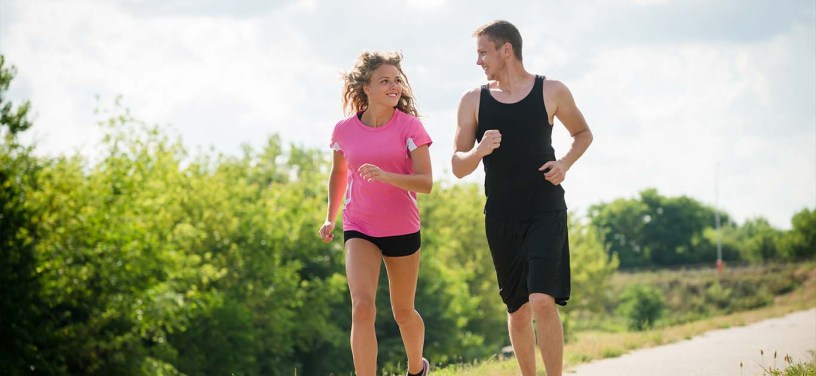Introduction:
In the evolving landscape of sports, the conversation around mental health is gaining momentum. Athletes, once revered solely for their physical prowess, are increasingly recognized as individuals navigating the complex terrain of mental well-being. This shift in perspective is steering the sports community towards a more empathetic and supportive environment. In this exploration, we delve into the growing awareness of mental health in sports, the initiatives in place, and inspiring stories of resilience and recovery.
The Rising Awareness:
The stereotypical image of a stoic athlete, impervious to the challenges beyond the field, is giving way to a more nuanced understanding of mental health. The sports world is acknowledging that athletes, like everyone else, grapple with stress, anxiety, and depression. This paradigm shift is not just breaking down barriers but also paving the way for athletes to prioritize their mental well-being without fear of judgment.
Athlete Mental Health Initiatives:
Recognizing the unique pressures faced by athletes, there has been a surge in mental health initiatives tailored to their needs. Professional sports organizations, including the NBA and NFL, are taking proactive steps by providing access to mental health resources, counseling services, and destigmatizing mental health conversations. These initiatives aim to foster an environment where seeking help is seen as a sign of strength rather than weakness.
The Power of Shared Narratives:
Stories have the ability to transcend statistics, and in the realm of mental health, personal narratives play a pivotal role. Athletes such as Simone Biles, Michael Phelps, and Kevin Love have courageously shared their struggles, dismantling the myth of invincibility that often shrouds sports figures. By speaking openly about their experiences with mental health challenges, these athletes contribute to the broader narrative of resilience, inspiring others to seek help and prioritize their mental well-being.
Tools for Mental Well-Being:
In addition to support systems, athletes are now equipped with tools to enhance their mental health. From mindfulness and meditation apps to specialized mental performance coaches, athletes have a spectrum of resources at their disposal. These tools not only assist in managing stress but also aid in developing the mental fortitude required to navigate the highs and lows of competitive sports.
Looking Forward: Cultivating a Holistic Approach
As we move forward into 2023, the integration of mental health into the broader conversation about athletic well-being is paramount. A holistic approach, acknowledging the symbiotic relationship between physical and mental health, is essential for the overall success and longevity of athletes. By fostering an environment that prioritizes mental well-being, sports can become a catalyst for positive change, inspiring individuals both on and off the field.
In conclusion, the journey towards destigmatizing mental health in sports is ongoing, marked by progress and a commitment to nurturing the holistic well-being of athletes. As narratives continue to shift, so does the culture, creating a space where mental health is not just acknowledged but actively prioritized in the pursuit of athletic excellence.

